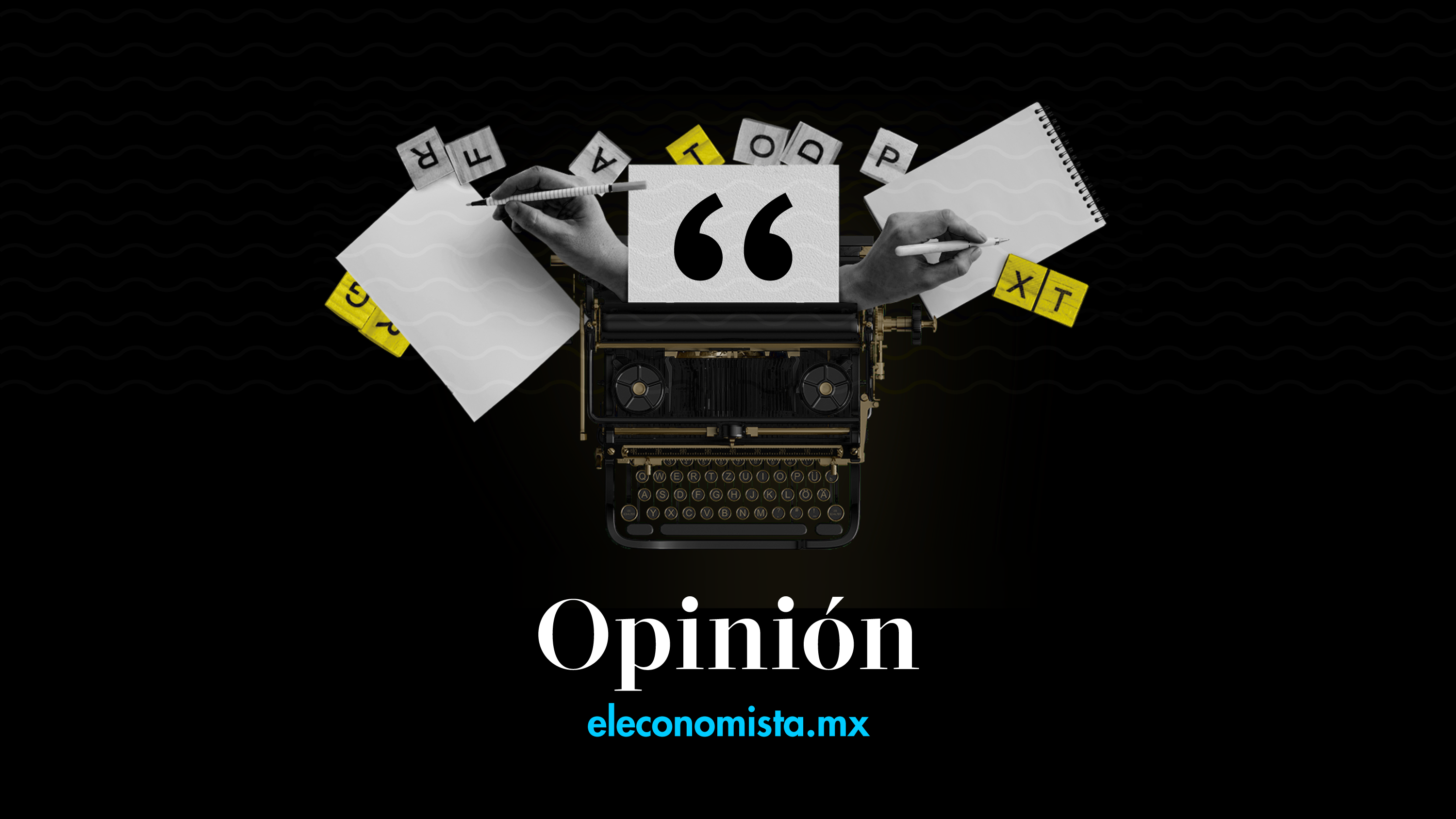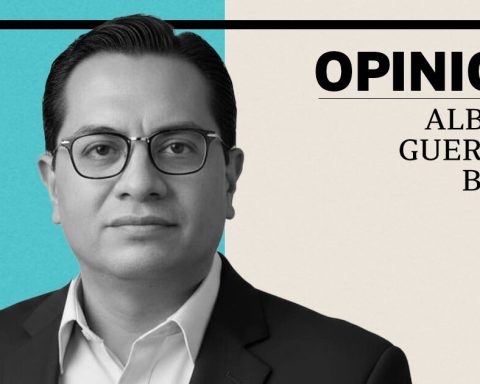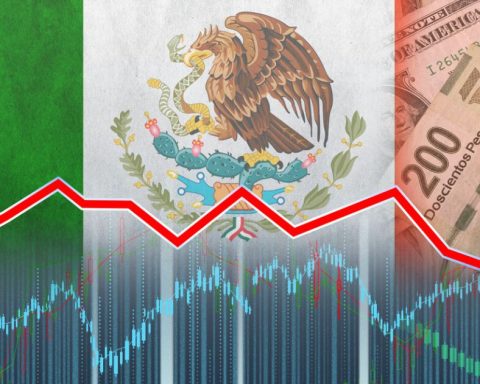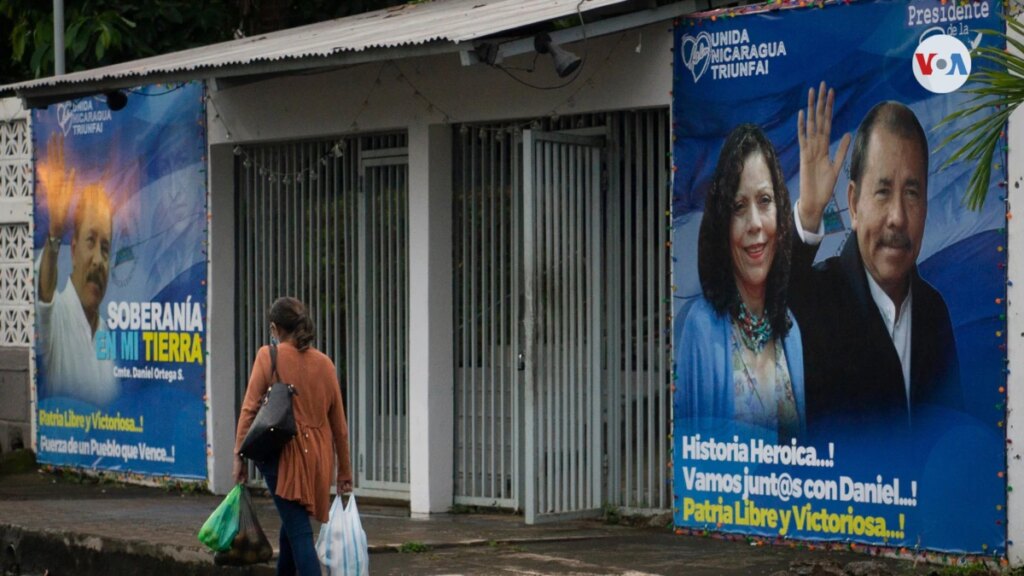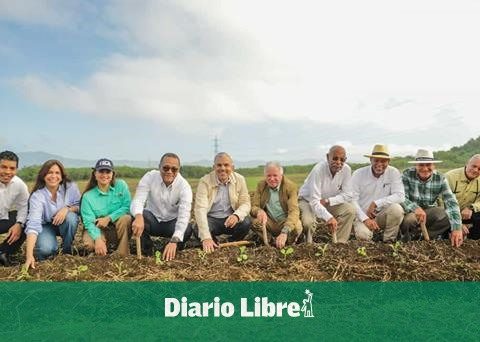The arrival in Colombia of the “government on foot”, the one with “calloused hands” as the winning candidate himself has called it, is an unsuspected electoral outcome for some that brings a leftist government to power for the first time in 214 years. . This result comes from a long process of social deterioration that in turn led to a polarization scenario that Gustavo Petro, the winner, knew how to take advantage of in the last stretch to capitalize on the vote of those located in a poorly favored economic situation. But the division has no immediate precedent, it was a process that began by splitting the opinion of Colombians in two before the 2016 plebiscite promoted by then-president Santos.
In that year, the question to give way to the peace agreement with the FARC received an extremely divided vote; practically 50 to 50% of Colombians demonstrated at the polls where, finally, the NO to the agreement was the winner by a minimal margin. Several years later, the departments that had suffered the most intense damage from the armed conflict and which were precisely those that voted YES to peace, were unable to raise their standard of living and, on the contrary, continued in the marginalization that created various poles of poverty. Exactly that electoral public, was the one that gave victory to Petro.
It is in the perceived or real segregation, where breeding grounds are generated to manage discontent and take it to the polls in the promise of a social vindication. In this, Latin American experiments have often fallen into the serious temptation of authoritarian and tyrannical action, to circumvent legal frameworks and institutional action in order to give a result that allows support for the most disadvantaged. Here are the cases of Venezuela, Bolivia, Brazil, Argentina and an already extensive etcetera that now adds up to a government that, at least looking to the horizon, would well have the same tone of acting populist.
We can well highlight the accompaniment that will be had with a vice president who, equally, arouses feelings of vindication. The first vice president of African descent who also built a solid and empathetic narrative that highlights the long personal struggle for inclusion. By developing her candidacy on these pillars, she was able to lead a population mostly located on the Pacific coast to full identification with her cause, but, in addition, she was able to put on the table an ancestral social problem that was shamefully hid with stealth; Colombia would still retain pernicious remnants of a racist classism.
The expectation is high, the scenario is complicated and yet the cry of the real statesmen is that the only way to progress will always be democracy and the healthy actions of the institutions. May the best come to Colombia.
Twitter: @gdeloya
political analyst
mid week
Guillermo Deloya Cobián is a native of Puebla, with a law degree, specializing in tax law, a master’s degree in economics and government, and a doctorate in strategic planning and development policies. He is currently pursuing a master’s degree in creative writing at the University of Salamanca.
He is a columnist and commentator in various national and local media, he has published eight books, in addition to various essays on topics ranging from the economic, political and legal, to a historical novel set in the 18th century.
He is a commentator and analyst on political, economic and legal issues at ADN40.
He has developed a constant teaching activity as a university professor both in Puebla and in CDMX.
He has a twenty-eight-year career in the public sector where he has held positions at the federal and state levels, in the Attorney General’s Office of Mexico City, in the Attorney General’s Office, in the Ministry of Finance and Public Credit , in the Council of the Federal Judiciary and the Government of the State of Puebla, was Coordinator of the National Institute for Federalism and Municipal Development, INAFED, of the Ministry of the Interior and has held various partisan positions.
